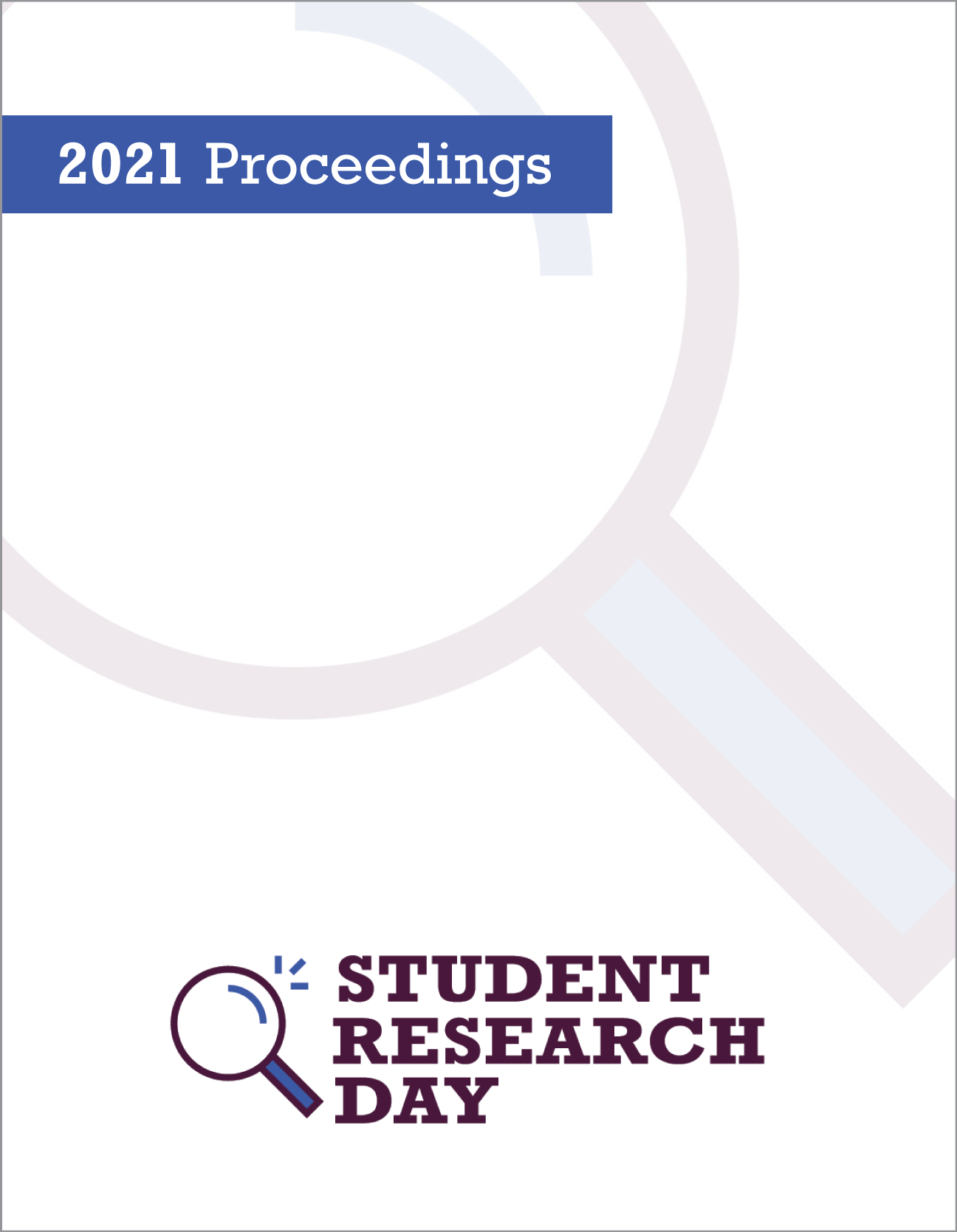Sexual Violence During Partition in Bapsi Sidhwa’s Cracking India and Deepa Mehta’s Earth
Abstract
In this thesis, I will analyze literary and cinematic representations of sexual violence during Partition by comparing Cracking India and Earth. I will discuss both Sidhwa’s and Mehta’s representations of Partition as not just an immediate historical catastrophe but as a lingering cultural presence. However, Sidhwa’s novel focuses on the sociocultural permissibility toward sexual violence that pervaded daily life in Lahore in early 20th century, and which forms the vital backdrop to and explanation for the unthinkable sexual violence that occurred on an extreme scale during Partition. In contrast, Mehta’s film promotes the more widely recognized narrative of Partition, which emphasizes the tragic effects of religious communalism and its attendant nationalism, and which found expression through sexual violence.
In what follows, I will suggest that Mehta provides opportunities for catharsis--similar to Butalia’s “remembering in order to forget”--through symbolic reunification amongst South Asia’s religious communities, imagined through film. Indeed, this move from Anglophone novel to Hindi film posits translation not only as a means of reunification but also as an antidote to the nationalist sentiments that ultimately led to the Partition itself. In contrast, Sidhwa’s novel emphasizes the ongoing sexual violence embedded in South Asian cultural norms, which transcends both religious community and national borders, ultimately resisting the trope of Partition as a dramatic break with daily life, and instead representing the continuing undercurrent of violence against women in South Asia.
Department: Design Studies
Faculty Mentor: Dr. Sara Grewal
References
Published
Issue
Section
License
Authors retain any and all existing copyright to works contributed to these proceedings.



